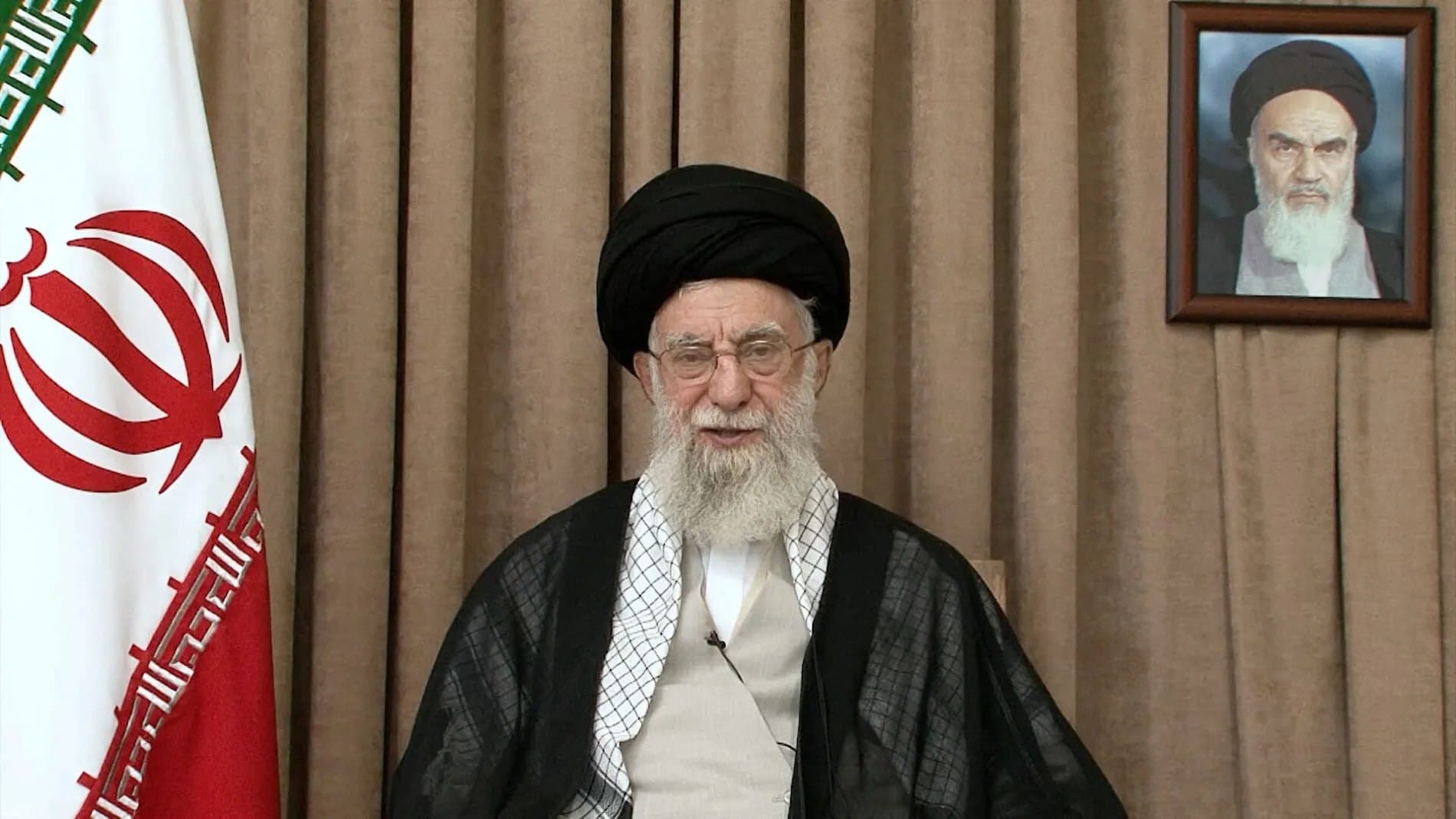Khamenei Claims West Exploits Iran"s Nuclear Program to Justify Aggression
In a bold declaration, Iranian Supreme Leader Ayatollah Ali Khamenei asserted that Western nations are manipulating Iran"s nuclear program and uranium enrichment as a pretext to target the Islamic Republic. Speaking during a recent address, Khamenei emphasized that the West"s actions are rooted in a broader agenda to undermine Iran"s sovereignty and influence in the region. His remarks come amid escalating tensions between Iran and Western powers, particularly surrounding nuclear negotiations and regional security dynamics.
Background & Context
The Iranian nuclear program has been a point of contention since its inception, particularly after the 2015 nuclear deal, known formally as the Joint Comprehensive Plan of Action (JCPOA). This agreement aimed to limit Iran"s nuclear capabilities in exchange for the lifting of economic sanctions. However, the United States" withdrawal from the deal in 2018 and the subsequent re-imposition of sanctions have heightened tensions. Iran has since accelerated its uranium enrichment activities, leading to renewed fears of a potential nuclear weapon capability.
Khamenei"s comments reflect a long-standing narrative within Iranian leadership that portrays the nuclear program as a sovereign right and a matter of national pride. The Supreme Leader"s assertion that the West is using the nuclear issue as a "mere excuse" aligns with a broader strategy to rally domestic support against perceived foreign aggressions. This rhetoric serves to reinforce national unity in the face of external pressures, framing the nuclear program as a symbol of resistance against Western hegemony.
Key Developments
During his address, Khamenei underscored that the West"s focus on Iran"s nuclear advancements is a diversion from its own geopolitical ambitions. "The nuclear program is a mere excuse for their hostility towards us," Khamenei stated, suggesting that underlying motives are rooted in a desire to destabilize the Islamic Republic rather than genuine concerns about nuclear proliferation. This statement comes as Iran has engaged in indirect negotiations with Western powers to revive the JCPOA, although progress has been slow and fraught with difficulties.
In recent weeks, Iranian officials have reiterated their commitment to advancing their nuclear capabilities, with Khamenei emphasizing that Iran will not back down in the face of what he described as unjust pressure. The Supreme Leader"s remarks also coincide with recent developments in the region, including heightened military readiness among neighboring countries and ongoing conflicts that could further complicate diplomatic efforts.
Broader Impact
The implications of Khamenei"s assertions extend beyond Iran"s borders, influencing regional stability and international relations. Analysts suggest that the Supreme Leader"s rhetoric is likely to exacerbate tensions with Western powers, particularly the United States and its allies, who remain skeptical of Iran"s intentions. The situation mirrors previous instances where nuclear negotiations have faltered due to mutual distrust and conflicting agendas.
Experts argue that Khamenei"s statements may also serve to bolster Iran"s negotiating position. By framing the nuclear program as a matter of national sovereignty, Iran can present itself as a victim of Western aggression, potentially garnering sympathy from other nations that view U.S. foreign policy with skepticism. As previously reported, similar situations have arisen in international diplomacy, where countries leverage perceived external threats to consolidate internal power and pursue strategic goals.
What"s Next
Looking ahead, the future of Iran"s nuclear program remains uncertain. Ongoing negotiations to restore the JCPOA are likely to continue, but Khamenei"s recent statements suggest that Iran will maintain a hardline stance, particularly concerning its enrichment activities. The international community, particularly the European signatories to the deal, will need to navigate these complexities carefully to avoid further escalation.
Furthermore, as tensions rise, the potential for military confrontations in the region increases, necessitating vigilance from both Iranian and Western military strategists. The geopolitical landscape is evolving, with countries assessing their alliances and strategies in light of Iran"s nuclear ambitions and Western responses. With each passing day, the stakes grow higher, and the world watches closely as these developments unfold.


![[Video] Heavy clashes and gunfire reported in Baghdad, Iraq](/_next/image?url=%2Fapi%2Fimage%2Fthumbnails%2Fthumbnail-1768342239932-848qsh-thumbnail.jpg&w=3840&q=75)




![[Video] Gunfire between Iraqi security forces and Sadr militias in Baghdad](/_next/image?url=%2Fapi%2Fimage%2Fthumbnails%2Fthumbnail-1768343508874-4redb-thumbnail.jpg&w=3840&q=75)
